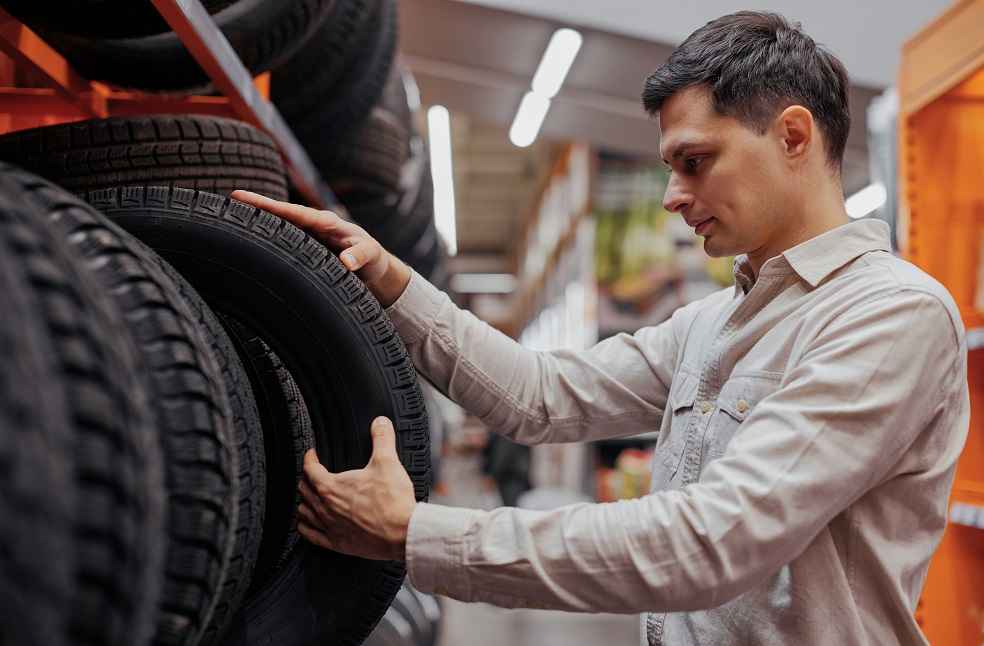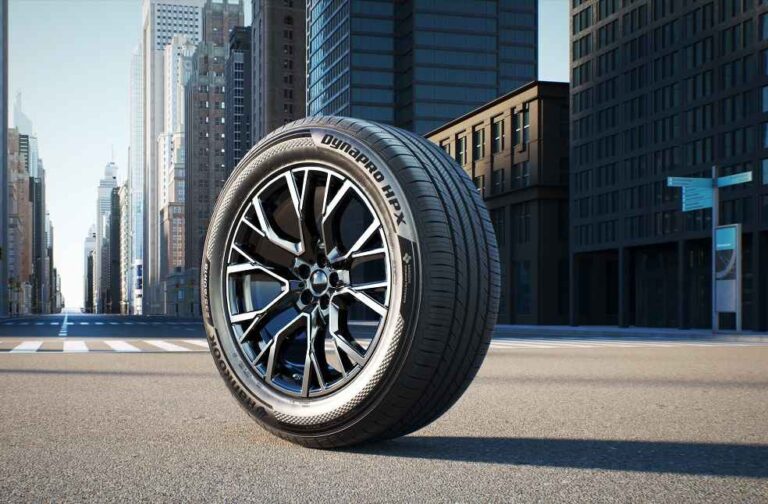India’s top tyre manufacturers are recalibrating their global operations as U.S. tariffs on Indian imports reach 50%, among the highest worldwide. The latest 25% punitive levy, announced by President Donald Trump over India’s trade with Russia, is expected to impact auto component and tyre exports to the U.S., a market that accounts for 27% of India’s auto component exports and 17% of tyre exports.
JK Tyre Managing Director Anshuman Singhania downplayed the potential disruption, noting that U.S.-bound shipments make up just 3% of the company’s exports from India. These volumes are being reallocated to markets including Mexico, Latin America, Brazil, the UAE, parts of Europe, and Africa. JK Tyre is also using its Mexico plant, which enjoys a zero-tariff window to the U.S. for 90 days, to maintain market presence. Europe and the UK remain strongholds with zero tariffs and a high single-digit share in the UK truck and bus radial (TBR) tyre segment.

CEAT has limited direct exposure to the U.S. market from India, but Managing Director Arnab Banerjee said the country remains a future growth market. CEAT is also addressing tariffs linked to its Camso acquisition in Sri Lanka, where rates have dropped to 30% from 44%. The company is considering production shifts between India and Sri Lanka to optimize market access, noting no significant competitive disadvantage if rates remain at current levels. Banerjee cautioned that U.S. consumers could face higher prices, potentially dampening demand.
Apollo Tyres is mitigating the impact through low U.S. exposure (3–5%), supply chain adjustments, and cost controls. The company faces additional pressures from European inflation, prompting plans to close its high-cost Netherlands plant by summer 2026, with an exceptional provision of Rs 3.7 billion.

In Q1 FY26, JK Tyre posted an 11% year-on-year sales increase with a 10.9% EBITDA margin, CEAT reported 10.5% growth with a 10.9% margin, and Apollo Tyres recorded a 3.6% revenue rise with a 13.2% margin.
According to ICRA, India’s tyre sector is expected to grow 6–8% in FY2026, driven by domestic replacement demand. While exports face headwinds from U.S. tariffs and global inflationary pressures, domestic volumes and improved product mix are projected to support overall revenue growth of 7–9% for major manufacturers.
AUTO TECH | Tesla Shuts Down Dojo Supercomputer and Shifts AI Strategy





